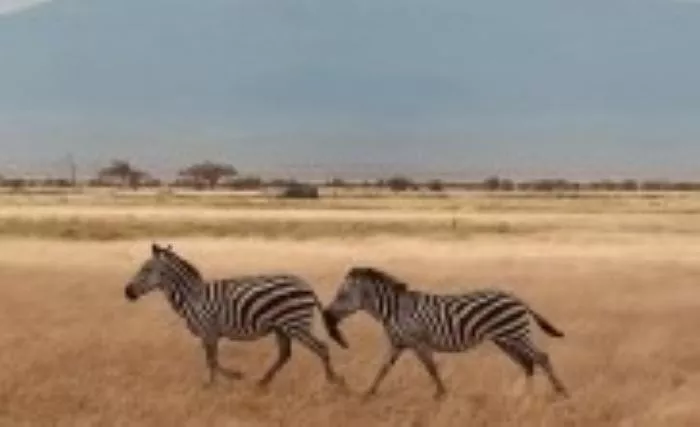The second annual Nairobi Chinese New Year Festival has left an indelible mark on Kenya’s cultural landscape, attracting over 10,000 attendees and reaching an estimated 600 million viewers through media coverage. Held at the upscale Two Rivers Mall, this year’s festival overcame logistical challenges like frequent power outages through meticulous planning, featuring an expanded program of 50 performances including lion dances, acrobatics, and Shaolin martial arts demonstrations. Kenyan Gender, Culture and Heritage Principal Secretary Bashir’s heartfelt speech in Mandarin while wearing traditional Chinese attire symbolized the event’s diplomatic significance: “Cultural cooperation remains a pillar of our strategic partnership with China – a bridge fostering mutual understanding and respect.”
Interactive Experiences Foster Cross-Cultural Understanding
Festival-goers immersed themselves in authentic Chinese traditions through hands-on activities. Children marveled at sugar painting artisans creating edible phoenixes and snakes, while families competed in chopstick challenges and discovered their Chinese zodiac signs. Kenyan student Atieno noted culinary parallels between Chinese beef skewers and local nyama choma, observing how “food becomes a universal language.” The event’s success stemmed from thoughtful cultural adaptations – when master sculptor Liu Yuwei crafted giraffes alongside traditional Chinese figures, queues formed instantly. “These interactions plant seeds of cultural appreciation,” remarked Confucius Institute teacher Benson, highlighting how the festival provides Kenyans rare firsthand exposure to Chinese lifestyles beyond stereotypes.
Professional Exchanges Strengthen Bilateral Connections
Behind the festive atmosphere, substantive cultural partnerships took root. Kenya Kung Fu Federation Chairman Njungle – himself a Shaolin trainee – used the occasion to discuss expanding martial arts programs in Africa. Meanwhile, Henan’s cultural delegation, including intangible heritage inheritors, conducted masterclasses that may inspire future Kenya-China artisan exchanges. With Chinese media dubbing it “Africa’s largest Spring Festival celebration,” the event’s impact continues reverberating. As delivery rider Joseph Onyango exclaimed, “The kung fu! The food! I’ll definitely return next year.” With Kenya’s growing middle class and China’s increasing cultural investments in Africa, organizers anticipate even greater turnout for 2026’s festivities, potentially requiring venue expansion to accommodate swelling crowds drawn to this vibrant celebration of East-West friendship.
Related Topic:
- “Cultural and Natural Heritage Day” Ignites Traditional Culture Craze
- Cover-More Travel Insurance Wins Big at 2025 WeMoney Travel Awards
- TTC Plans Major Investment to Strengthen Tour and Cruise Brands Worldwide

